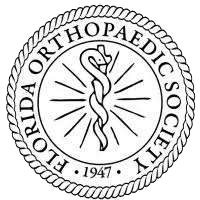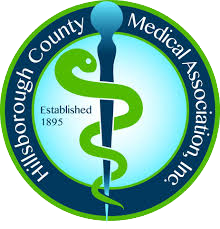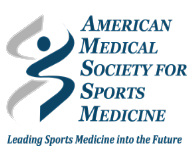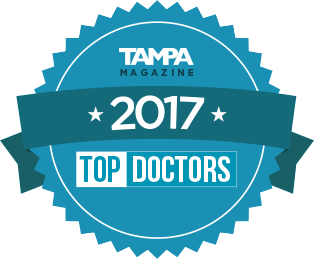 Platelet rich plasma (PRP) shots are largely considered to be a safe and natural treatment option for people with orthopedic conditions like chronic tendon injuries, arthritis, and ligament tears. That’s because PRP is autologous, or involves substances that come from the patient’s own body, and is also minimally invasive in nature.
Platelet rich plasma (PRP) shots are largely considered to be a safe and natural treatment option for people with orthopedic conditions like chronic tendon injuries, arthritis, and ligament tears. That’s because PRP is autologous, or involves substances that come from the patient’s own body, and is also minimally invasive in nature.
Because PRP shots don’t entail large incisions or potent drugs, the risk associated with this treatment is minimal. The most common side effect is temporary soreness at the injection site. Still, because it is an injection, there are a few potential risks involved with PRP, including:
- Bruising, redness, or swelling
- Infection
- Tissue damage
- A nerve injury
These side effects are not common, although your individual risk will vary according to where on your body you are receiving a PRP shot and how many injections you’ll require. The best way to learn about the risks associated with PRP shots is to speak with an orthopedic physician.
Medications to Avoid Before a PRP Shot
It’s important to note that you should avoid taking certain medications in the weeks prior to receiving a PRP shot. Here’s what the American Association of Orthopaedic Surgeons (AAOS) has to say on the matter:
- Stop taking corticosteroid medications 2 to 3 weeks before treatment. Corticosteroids are commonly used to treat inflammatory joint and skin conditions.
- Stop taking nonsteroidal anti-inflammatory drugs (NSAIDs), including ibuprofen and aspirin, 1 week before treatment.
- Stop taking anticoagulation medications, such as warfarin, heparin, and rivaroxaban, 5 days before treatment.
What Happens When You Get a PRP Shot?
The process of receiving a PRP shot is relatively simple. Here’s what it entails:
- A clinician will draw a small amount of blood from your arm.
- Your blood sample will be processed in a machine called a centrifuge to separate growth factor-rich platelets from other blood cells and maximize their concentration. Growth factors play a key role in the healing process.
- The concentrated platelets are injected directly into your injury site to stimulate your body’s natural healing mechanisms.
PRP Shots at Tampa Orthopaedic & Sports Medicine Group
Tampa Orthopaedic & Sports Medicine Group—a division of Florida Medical Clinic and the longest operating orthopedic practice in Tampa—is pleased to provide PRP shots and other popular regenerative medicines. Our practice is led by orthopedic sports medicine surgeon Dr. Daniel Murphy and sports medicine specialist Dr. Arnold Ramirez, two board-certified physicians who utilize the latest advancements in musculoskeletal care while providing friendly and individualized service.
To learn if you are a candidate for PRP therapy or to find answers to your questions, contact Tampa Orthopaedic & Sports Medicine Group. Our team will be happy to schedule you an appointment at our conveniently located center in South Tampa, or you may reserve an appointment online when it’s convenient for you. We accept most major health insurance plans and proudly serve adolescents, adults, and seniors with a variety of orthopedic needs. Get in touch with us today!












